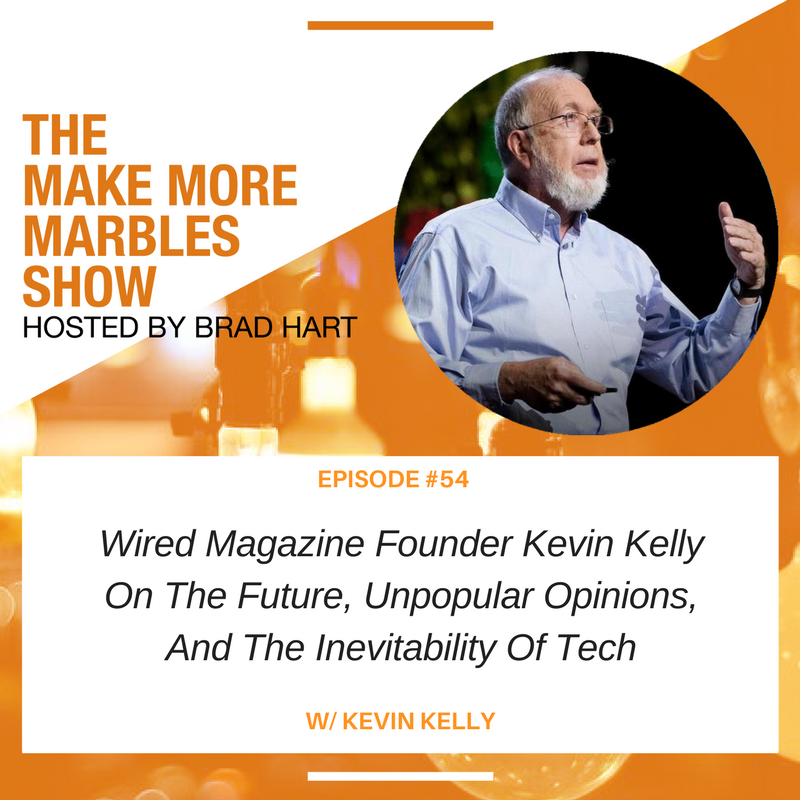Time stamped show notes:
[00:43] Failures that made him who he is today | Dropped out of college
[1:52] A couple of the businesses he started were started with $200 each. One he had to shut down, and one he had to sell. He got a better business education than he would have in college.
[2:52] You want to have small, steady failures that course correct instead of one catastrophic failure that wipes you out .
[4:12] Time your IPO perfectly.
[4:31] Domesticate our failures so that they recur often, frequently, and smaller so they become ways for us to learn.
[6:36] People have a better chance to participate. Things are getting better.
[7:09] This is the best time to make things happen. There’s never been as many tools, as much money, as much knowledge.
[7:36] The future will be even better.
[9:05] The biggest AI companies today are sitting on a lot of data.
[11:20] There’s two kinds of people looking at the future: those who have to see it to believe it and those who believe it in order to make it real.
[13:33] Not everything that is strange, wonderful, or wild is going to become true.
[14:53] Doing, not thinking, is the solution to all the problems in the world.
[16:13] Kevin believes AI will become a commodity like electricity.
[21:14] One of the ways in which our economic infrastructure will shift is in the invention of new institutional forms.
[22:31] There will be a increase in scale [economics].
[25:25] We need to have tolerance for natural monopolies (like Facebook).
[27:50] We’re constantly inventing ways to have a winner take all, new verticals. There is an infinite amount of verticals.
[28:35] His most unpopular idea that he believes is ‘the thing’: anonymity in the internet is a bad thing.
[29:35] He believes ending anonymity on the internet would end bullying, harassment, etc.
[30:05] Anonymity is like sales. In small amounts, it is harmless, but in large amounts, it is toxic.
[36:26] He believes a world government is necessary at this time (taxes, police, leadership, tackling problems at the global level).
Three key points:
- You want to have small, steady failures that course correct instead of one catastrophic failure that wipes you out.
- This is the best time to make things happen. There’s never been as many tools, as much money, as much knowledge.
- Anonymity is like sales. In small amounts, it is harmless, but in large amounts, it is toxic.
Last question:
If anyone have answers, or know experts, or can recommend resources on global government, please contact him.
How to contact him:
Email: kk@kk dot org




